The digital revolution in the 1990s transformed businesses, with digital systems helping to manage basic business functions. That revolution streamlined companies’ underlying processes – and now, say tech experts Susanne Chishti, Ivana Bartoletti, Anne Leslie and Shân Millie, digital systems affect how companies interact with customers and how consumers buy products. The coming digital innovations in artificial intelligence (AI) won’t derive from technology companies, but from people with hands-on knowledge working in industries with problems that need solutions.
Businesses once used software to manage operations. Now, they use it to engage customers.
When businesses began using digital technologies – and specifically, software – to facilitate basic operations, it affected such processes as bookkeeping, payroll and supply. The digital revolution’s first wave transformed business functions. That change occurred mostly within corporate operations and core processes – rendering them more streamlined and efficient – but it did not affect companies’ central purpose.
In recent years, that has changed. Repurposed, advanced software expanded into systems of engagement, so companies could interact directly with their clients and customers. Software proves crucial in determining how people purchase a company’s products and services, and how they utilize them. Software is now integral to all companies. Its creative and intelligent use forms part of every company’s competitive advantage, shaping enterprises at every level.
Artificial Intelligence (AI) is transforming businesses and creating different types of organizations.
When businesses go digital across functions, they generate data in epic quantities. ...









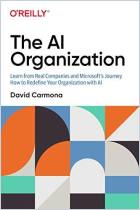
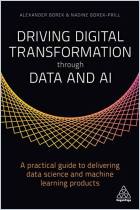
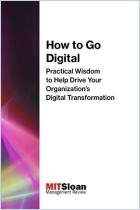
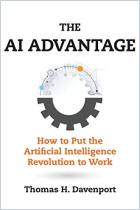
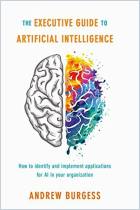
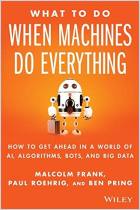
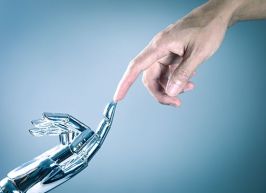


Comment on this summary or 开始讨论